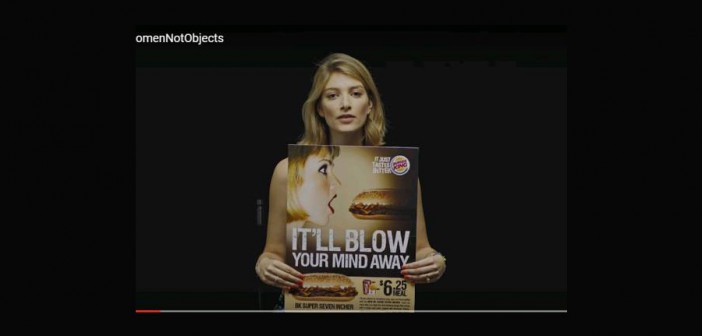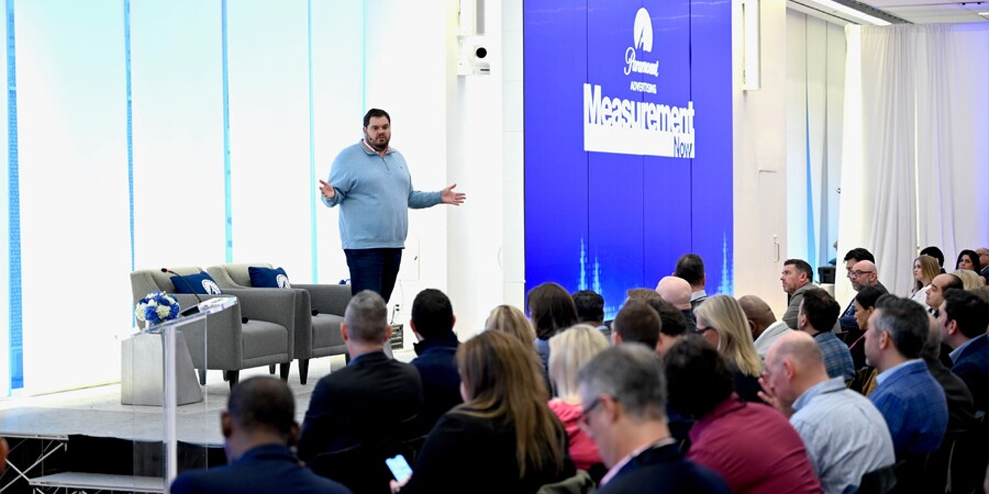Video created by ad executive Madonna Badger to honor her daughters
A 2½ minute video entitled “We Are #WomenNotObjects” has been circulating on the Internet for a few weeks. It features a montage of ads for well-known brands that show women scantily clad or in suggestive poses in the name of selling products.
The mission is to raise awareness about the issue in hopes of getting ad agencies and marketers to stop using women as objects in their advertising and communications.
The video was created by Madonna Badger, a well-known ad executive who lost her three young daughters and parents on Christmas morning in 2011 when Ms. Badger’s 19th-century Victorian home in Connecticut caught fire, a tragic accident that received national attention.
In an effort to honor her children, Ms. Badger says she is trying to shine a light on how this type of sexist advertising is harmful to young women and can undermine their self-esteem and self-confidence.
Ms. Badger created the video by using the images she found when she searched the Web for “objectification of women.” Suggestive ads of women eating cheeseburgers. A truck surrounded by women in bikinis. Naked women selling cologne and alcohol.
“I want my life to have a purpose,” said Ms. Badger, who is co-founder and chief creative officer of Badger & Winters.
Her agency, which works with advertisers such as Avon, Vera Wang, Diane von Furstenberg and Nordstrom, is pledging that it will not create ads that uses women as props or objectifies them. It is also sworn off airbrushing females in their ads “to the point of perfection.”
“I love my job but I don’t want to do it if it hurts anyone,” she added.
Ms. Badger, who created the famous Calvin Klein ad campaigns in the 1990s that featured Mark Wahlberg and Kate Moss, admits she too has added to the problem over the course of her career. “If I said I never did it, I would be a liar,” she said.
Ms. Badger isn’t the only ad executive trying to change how women are portrayed in advertising. Over the past few years, many advertisers such as Unilever, Procter & Gamble and Under Armour have created ads that try to empower women or young girls.
In 2014, Procter’s feminine-care brand Always introduced “Like A Girl,” an ad that showed a director asking different individuals to act out what it means to run or throw “like a girl.” While the adult women and others interpret “like a girl” as if it’s an insult, the young girls interpret it in a much more empowering way.
Recently, there has also been more attention on the lack of female creative directors on Madison Avenue, which many people believe adds to the problem. Groups like the 3% Conference, an organization that aims to tackle the lack of female leadership in advertising, has been demanding changes in the industry.
Ms. Badger’s video has had more than 100,000 views since being posted on YouTube earlier this month and has been getting some attention on social media. UN Women, the United Nations organization dedicated to gender equality and the empowerment of women, recently tweeted about the video.
New video fighting #sexism reminds advertisers that women are not objects: https://t.co/odaFK6O2mz #WomenNotObjects
— UN Women (@UN_Women) January 21, 2016
PHOTO: MADONNA BADGER



